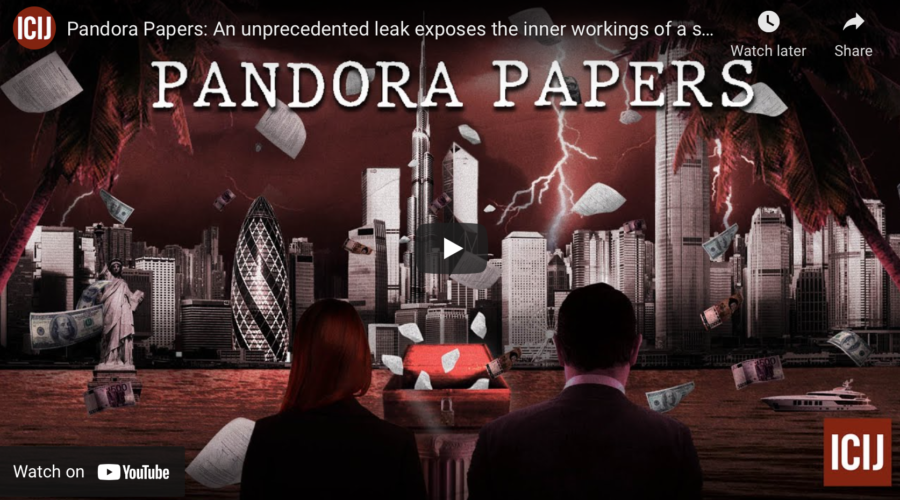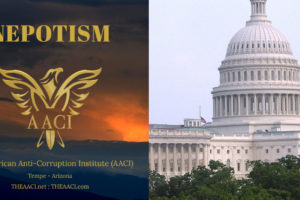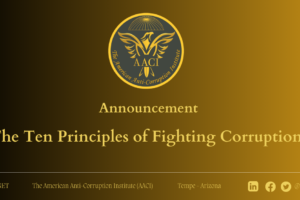The Pandora Papers expose the inner workings of a shadow economy that enriches the well-connected and wealthy at the expense of everyone else.
Significant Facts
The International Consortium of Investigative Journalists obtained the trove of more than 11.9 million confidential files and led a team of more than 600 journalists from 150 news outlets that spent two years sifting through them, tracking down hard-to-find sources and digging into court records and other public documents from dozens of countries.
The leaked records come from 14 offshore services firms from around the world
An ICIJ analysis of the secret documents identified 956 companies in offshore havens tied to 336 high-level politicians and public officials, including country leaders, cabinet ministers, ambassadors and others. More than two-thirds of those companies were set up in the British Virgin Islands, a jurisdiction long known as a key cog in the offshore system.
At least $11.3 trillion is held “offshore,” according to a 2020 study by the Paris-based Organization for Economic Cooperation and Development.
The Pandora Papers investigation unmasks the covert owners of offshore companies, incognito bank accounts, private jets, yachts, mansions, even artworks by Picasso, Banksy and other masters – providing more information than what’s usually available to law enforcement agencies and cash-strapped governments.
The key players in the system include elite institutions – multinational banks, law firms and accounting practices – headquartered in the U.S. and Europe.
The 150 news outlets that joined the investigative partnership include The Washington Post, the BBC, The Guardian, Radio France, Oštro Croatia, the Indian Express, Zimbabwe’s The Standard, Morocco’s Le Desk and Ecuador’s Diario El Universo.
Read more at the International Consortium of Investigative Journalists (ICIJ) website.










































